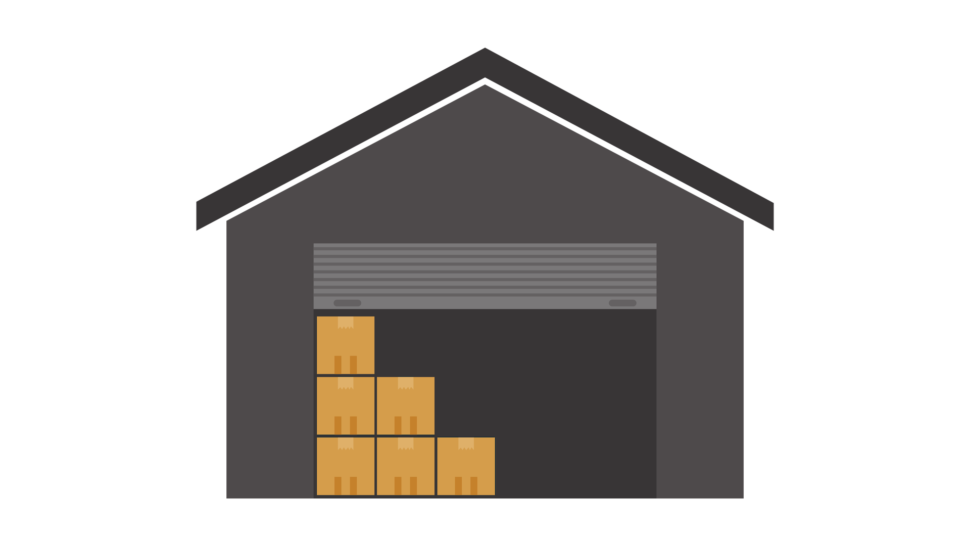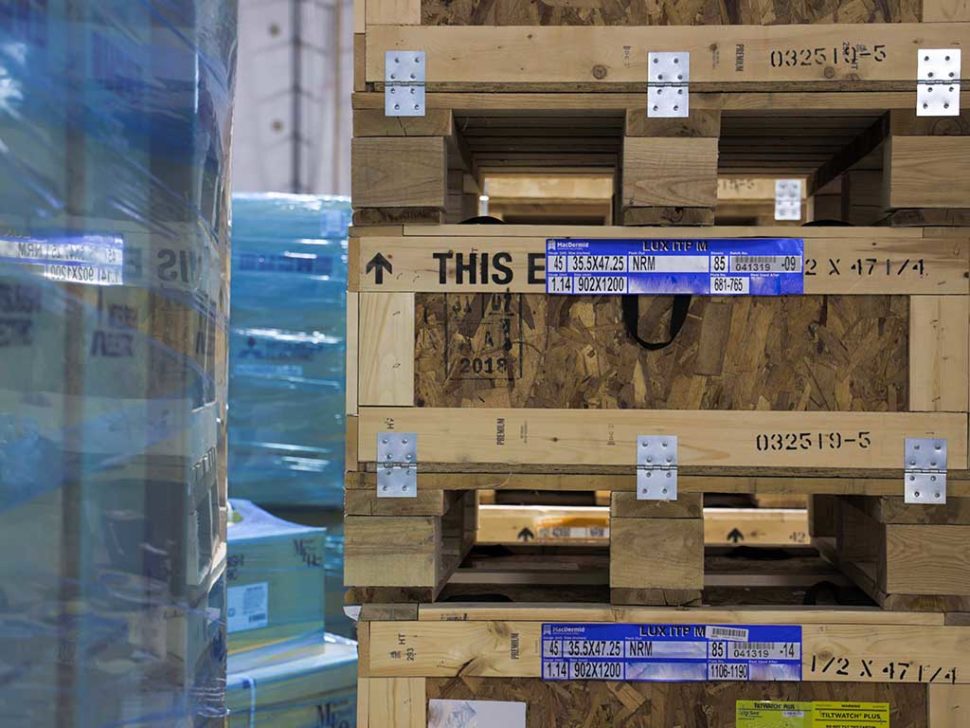E-commerce Drives On-Demand Warehousing Technology
In 2018, consumers in the US forked out $517.4 billion in online purchases. According to the US Commerce Department, that is an increase of 15% from 2017, which is roughly 14% of total sales in the country. With such a high volume increase, many are wondering about the impact on inbound logistics and inventory optimization.
Recently, innovative warehouse platforms have seen an influx of demand for their technology, with California-based Flowspace acquiring $12 million in venture capital, and Atlanta-based Stord receiving $12.3 million. This is a sign that retailers are starting to understand the importance of technology when developing their retail and distribution strategies.

Multiple Models of Warehousing Tech Startups
Honestly speaking, no universal approach exists when it comes to startups innovating the warehousing technology space. For example, Stord claims to provide 4PL services for their continental US distribution. When they do this, they position their model opposite of the more well-known startups like Flexe and Flowspace.
Comparatively speaking, Flowspace and Flexe provide a marketplace for their shippers to use unused fulfillment services and warehouse space. They both offer order shipping, packing, and picking for all online orders.
Flowspace has let it be known that their capabilities include arranging services for freight. These include fulfillment by Amazon, 3PLs, Rail, multi-track, direct-to-consumer, or less than truckload (LTL).
Flexe, on the other hand, is better known in the warehousing sector. They have raised $19 million in support of shippers who rely on flexibility and assistance with warehousing needs as they fluctuate during high customer-demands or seasonal times. This allows them to secure space but without having to commit to any contracts for long-term use. Some in the industry have compared them to Airbnb and described their approach as similar.
Investment in Warehousing Tech Is Coming From Unexpected Places
Surprising to some, many commercial real estate companies are beginning to invest in the industry. An example is ProLogis, a real estate logistics company who owns a private venture fund. ProLogis invests in technologies that specialize in various contract logistics.
Warehousing Tech Reliant On Shippers

Although there might be room for many models of warehousing technology, these platforms still rely on large shippers to optimize their connections of inventory placement and inbound logistics. For example, Stord’s fulfillment models and on-demand capacity continue to target a large amount of e-commerce as well as smaller shippers who are able to extend warehousing space that was not feasible in the past.
No matter what warehousing technology is used, their approach will continue to face competition from other well-known third-party logistics companies. This includes third-party logistics who have footprints in contract logistics and others who focus solely on final mile transportation (aka last mile delivery) or eCommerce fulfillment.

WHSE Hub is the complete warehousing and storage provider with our in-house technology as the key center point for deploying our services.
For more information, check the blog us each week for the latest transportation and logistics news.
Take control of your freight with an Asset-Based 3PL Warehousing Company
that can keep your cargo secure. Request a free quote today!
Watch our Podcast
Get a quote in minutes!

GUIDE TO AVOID UNNECESSARY FREIGHT CHARGES
This is the A-to-Z guide of accessorial charges... it includes an explanation of each fee, the standard industry rates, as well as tips on how to handle them like a pro.
Just enter in your email address and receive your FREE E-Book in minutes!
Recent Posts
- Top 8 Best Warehouses in Miami 08/27/2024
- Top 10 Top-Tier Bonded Warehouses in Miami 08/08/2024
- Essential Insights: All You Have To Know About Pharmaceutical Warehousing 08/01/2024
- E-Commerce Freight Forwarding: A Simple Overview 08/25/2023
- What Do You need to Know about Robotic Picking System Warehouse? 08/24/2023
- Cross-Docking vs. Warehousing: Navigating the Intricacies of Miami Logistics 08/18/2023
- The Future of Storage: How Modular Warehouses Can Help Business Operations? 08/15/2023
- Transloading vs. Cross-docking: Key Differences in Logistics 08/11/2023
- Transloading in Logistics: Understanding the Process and Meaning 08/11/2023
- The Key Differences between Warehouses and Fulfillment Centers in E-commerce 08/04/2023